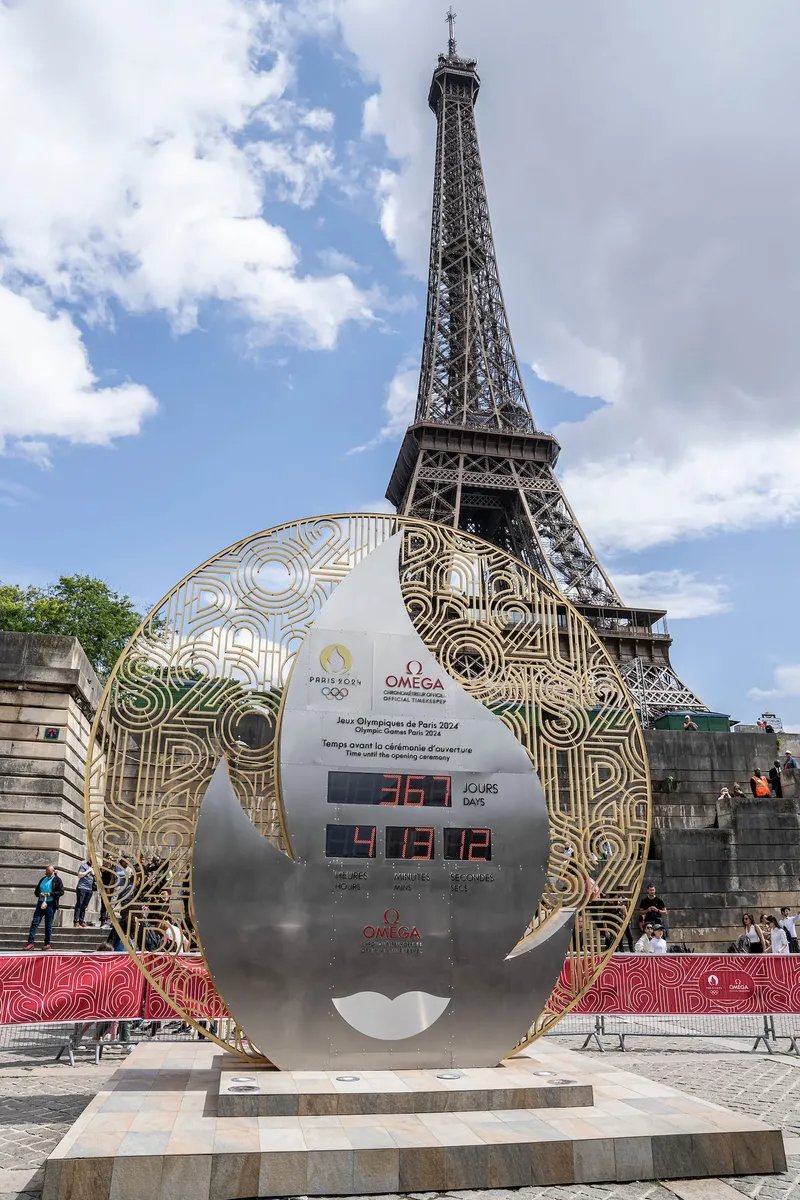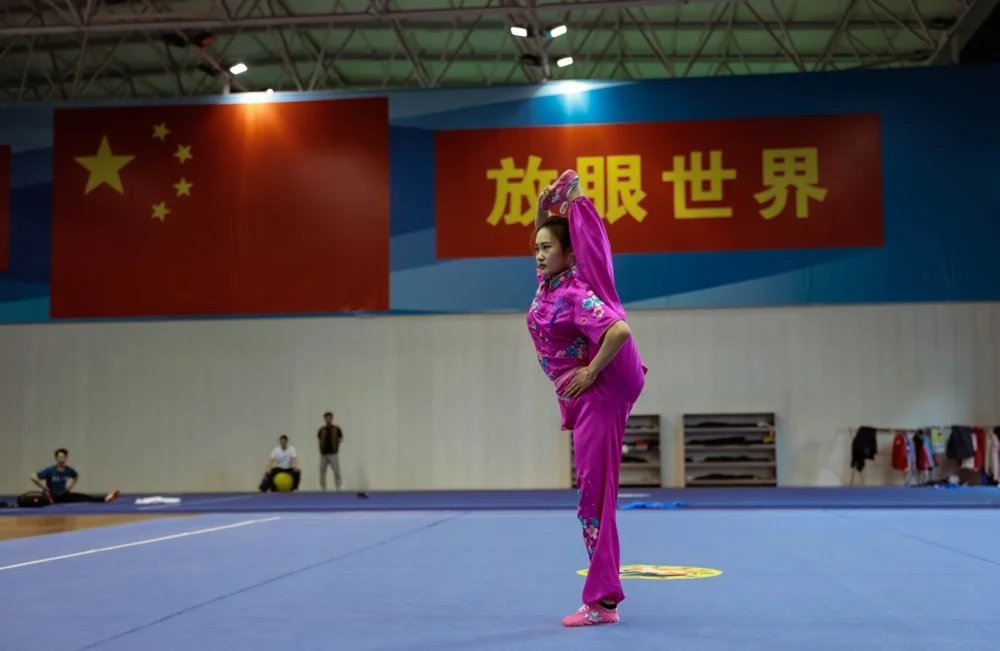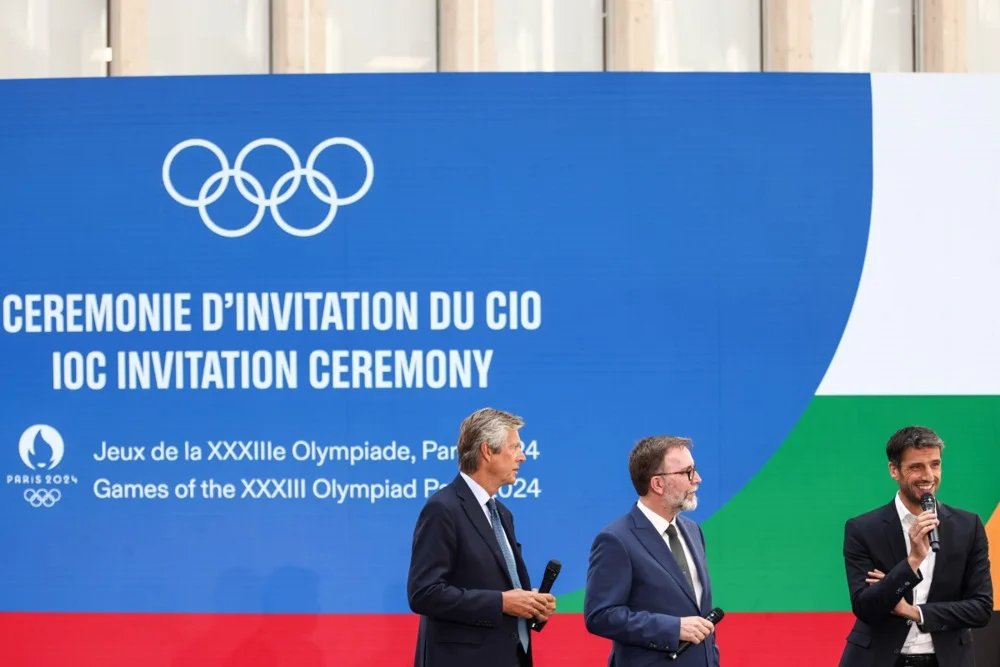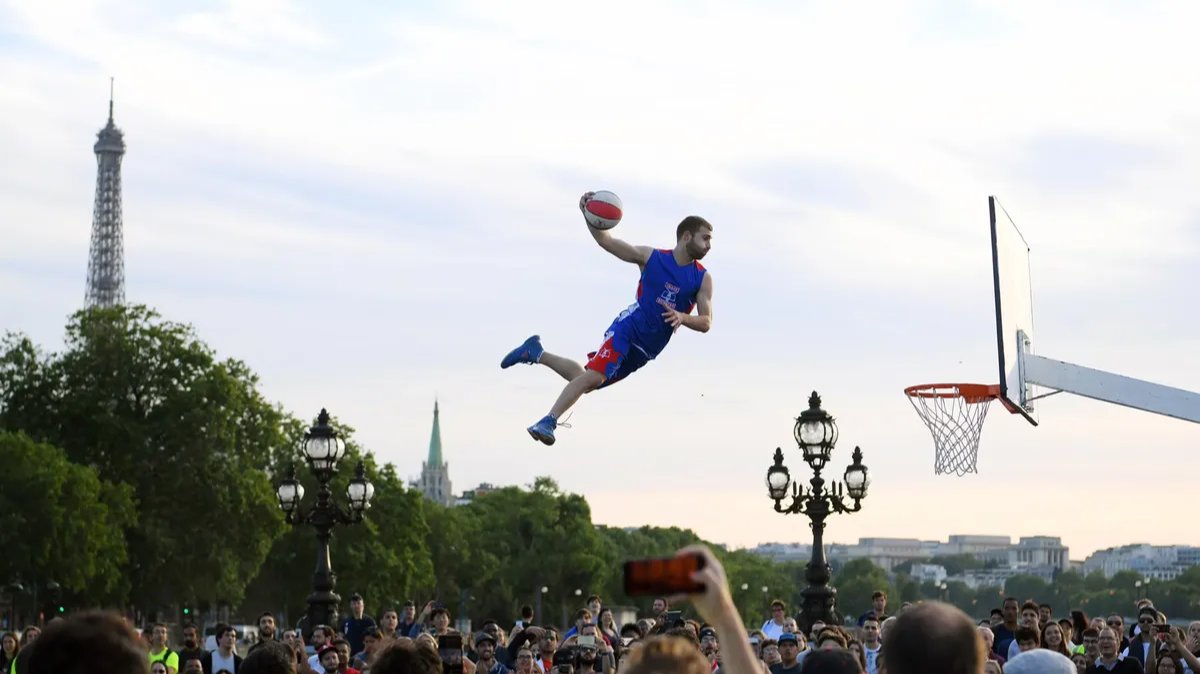The global ban on Russian athletes over state-sponsored doping scandals was supposed to end in 2022, but the imposition of even more sanctions over Russia’s invasion of Ukraine has plunged its sporting-industrial complex into chaos. Keen to avoid its athletes competing under a neutral flag in Paris next year, Russia is laying the groundwork for an Olympic boycott that is reminiscent of 1984 in more ways than one.
Whatever happens between now and next summer, Russia has zero chance of taking part in the 2024 Paris Olympics due to its ongoing invasion of Ukraine.
Individual Russian athletes are still able to participate in Paris if they meet a number of IOC requirements,
a list of which was met with great vitriol by Russia’s vocal propagandists, who published their own fake lists of anti-war statements they claimed athletes hoping to compete at the Games would be obliged to spout.
In reality, the requirements were far less onerous than was claimed in Russia, given that it’s in nobody’s interest to ramp up already sky-high tensions between Russia and the international community and both the IOC and the media outlets who paid it for broadcasting rights want the Games to be a success.
Russia now finds itself in a dilemma about how to proceed. On the one hand, the idea of athletes competing under neutral flags is anathema to a sporting establishment that sees them as an extension of the state whose sole function is to win medals and thus glory for their country. On the other hand, isolating Russia’s sporting elite from the outside world for too long runs the risk of weakening its ability to compete at an international level and threatens long-term damage to Russia’s hard-won reputation as a sporting titan.

Paris Olympics countdown clock. Photo: IOC
In an attempt to mitigate the impact of international isolation, Russia’s sporting establishment has created a variety of alternative competitions such as the Friendship Games, the Commonwealth of Independent States Games, and the BRICS Games, which might be termed “Olympic alternatives”.
It’s worth remembering that if the primary function of Russian athletes is to win medals, the primary function of Russian sporting officials is to anticipate the prevailing mood in the Kremlin, to which representing the country’s athletes is very much a secondary concern. As long as isolationism remains the policy favoured by Moscow, the country’s sporting bodies will be roundly ignored and its sporting officials rudderless due to a lack of instructions.

Athletes are preparing for the Youth Games in China and the Asian Games in Hangzhou. Photo by EPA-EFE/ALEX PLAVEVSKI
A recent proposal for Russia to end its participation in the European Football League and join its Asian counterpart instead was made almost entirely to see what reception it might get from higher up. The answer turned out to be none whatsoever as the Kremlin was preoccupied with more pressing issues.
With a lack of guidance from Moscow, Russia’s football officials decided to play it safe, leading to the comical decision to enter into talks with the Asian Football Confederation while also paying the country’s UEFA dues for the coming year. The move to switch leagues was ultimately abandoned, however, as no official was prepared to announce such a bold move without overt Kremlin backing.
Next year’s Olympics provide an obvious platform for the type of bluster and grandstanding favoured by Russia’s sporting bureaucracy, and all signs suggest that Moscow is planning to pass off a boycott of the Games as something demanded by its own athletes in frustration at Russia being singled out for punishment by the international community.
In the past six months, sporting professionals, lawmakers, and propagandists have all been heard repeating a number of talking points on the issue that have clearly been approved by the Kremlin.
- How can I participate in the Olympics if not all Russians enjoy the same opportunity and national teams are disqualified? It would be a betrayal.
- How can I participate in the Olympics when Russians are required to make certain political statements to do so?
- Why would I take part in the Olympics while my compatriots are being killed on the frontlines just to be humiliated in front of people who hate Russians anyway?
While each of these rhetorical questions can easily be countered with facts and logic, an honest debate is of no interest to those who parrot them. Instead, they are attempting to create a surge of public support for a boycott, which is only likely to come about if the decision not to take part in the Paris Games appears to have originated with Russia’s athletes themselves, whose patriotic voices the government felt it had no option but to listen to.
Russian athletes, many reared from childhood within the country’s vast sports-industrial complex, continue to have faith in the organisations and officials their professional lives have always relied on.
In practical terms, this means that individual compliance with official instructions is extremely high, no matter how baffling. This spring, for example, the Sports Ministry recommended Russian athletes attempt to compete in the Arab Games using invented names, while the president of Moscow hockey team CSKA advised Russian player Ivan Fedotov to sign a contract with the club despite having an active deal with a foreign team, earning him a six-month disqualification.
Refusing to accept that athletes are viewed as a mere commodity by Russia’s sporting bodies, Russian athletes also appear unable to learn the difficult lesson that their well-being is often not a priority for the same entities either.

Invitation ceremony for the 2024 Olympic Games in Paris. Exactly one year before opening. Photo: EPA-EFE/MOHAMMED BADRA
It’s now clear that Russia is laying the groundwork for an Olympic boycott spearheaded by a patriotic grassroots movement of elite sportspeople. Russia’s political class will without doubt back any such decision once it’s been manifested.
There are eerie echoes here of the Soviet decision to boycott the 1984 Los Angeles Olympics as retaliation for the US-led boycott of the Moscow Olympics four years earlier when an unprecedented 65 countries decided not to attend the Games in protest at the USSR’s invasion of Afghanistan the previous year.
With no convincing grounds for not competing in Los Angeles, a domestic propaganda campaign was launched to persuade the population that Soviet athletes would be treated as second-class citizens at the event and that various provocations were being planned. The unspectacular result was a largely forgotten 12-nation boycott that consisted entirely of the Soviet Union and its client states, which incidentally didn’t stop the 1984 Olympics being attended by more countries than any other Games before.
While the fabricated outrage may be more nuanced this time around, with Russian officialdom claiming to be listening to the voices of its rank-and-file professional athletes, it does beg the question of what Russia can really hope to achieve by setting off down the same dishonourable path once again.
Join us in rebuilding Novaya Gazeta Europe
The Russian government has banned independent media. We were forced to leave our country in order to keep doing our job, telling our readers about what is going on Russia, Ukraine and Europe.
We will continue fighting against warfare and dictatorship. We believe that freedom of speech is the most efficient antidote against tyranny. Support us financially to help us fight for peace and freedom.
By clicking the Support button, you agree to the processing of your personal data.
To cancel a regular donation, please write to [email protected]

